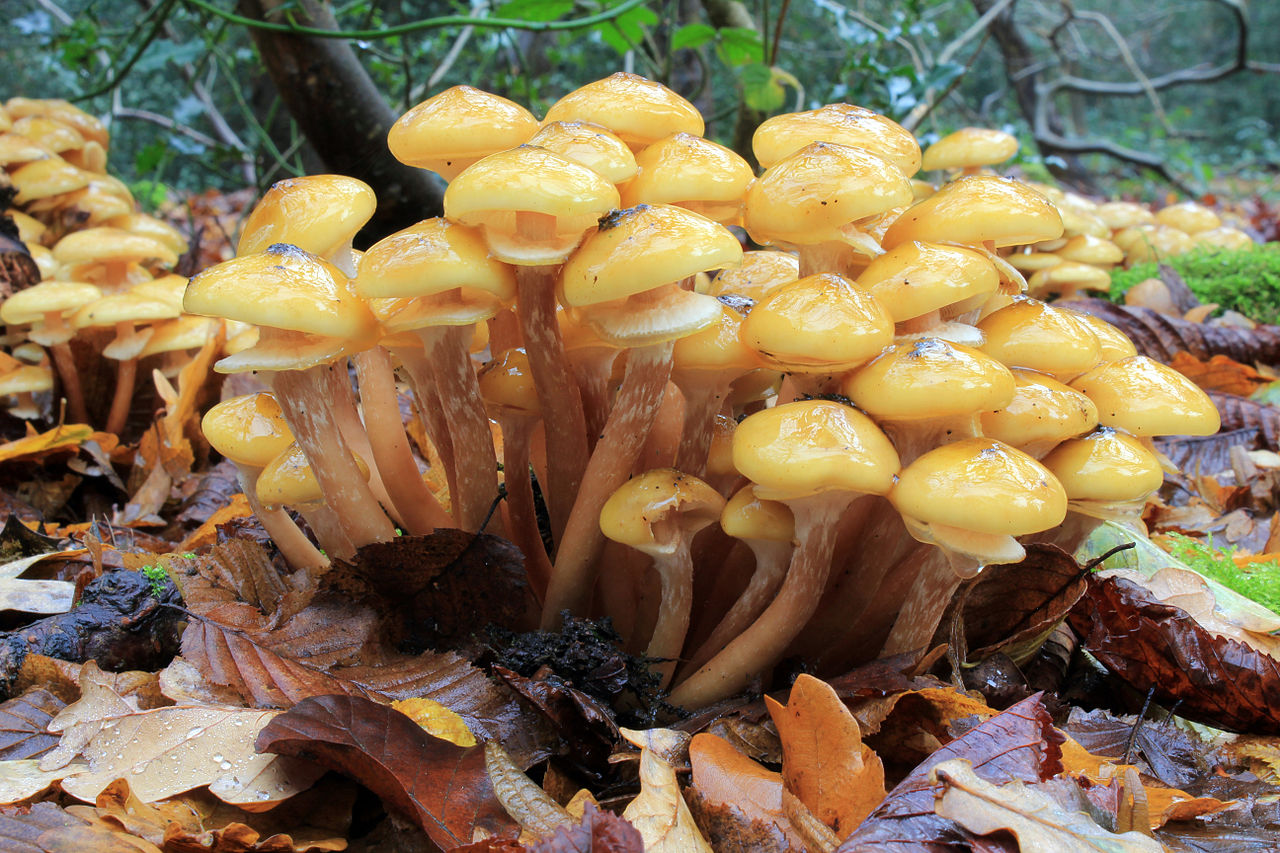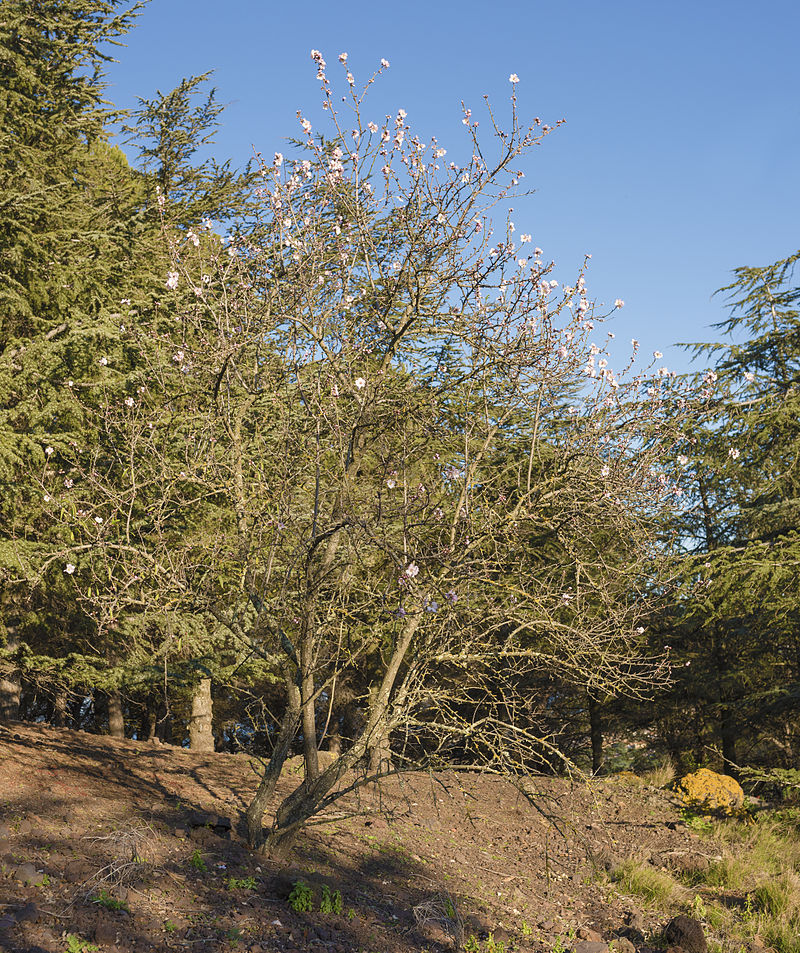Wild Edible Of The Week - Week 35 "Chickweed"
Botanical Name : Stellaria media
Common names : Common chickweed, chickenwort, craches, maruns, winterweed.
Physical appearance : A small, annual which grows close to the ground and tends to spread out before gaining any height. Generally, it grows up to 40 cm in size. Its leaves are oval and its flowers are very small, with 5 deeply lobed petals. Once the plant germinates, it tends to spread out, giving large floor coverage. The leaves and stems have very fine hairs. These are also visible on the stems.
Best places to find : Often found in gardens and on cultivated and waste ground.
Edible parts : The tender leaves and stems. The younger shoots are preferable as they are the most tender and have the mildest flavour. Overall, it has as mild peppery flavour.

Time of year : The soft, green leaves can be picked at almost any time of year, except for after hard frosts. Generally harvested in late Autumn.
Recipe : Can be lightly sauteed with butter, no more than a couple of minutes otherwise will turn stringy.
Alternative recipe : Try using as a tender in a green leaf salad.
Interesting factoid : Historically, chickweed has been used as a remedy for pulmonary ailments and treat skin conditions. It has a small vitamin C content so can help prevent scurvy and similar ailments. Can also help with the treatment of anemia as it has an high iron content. Chickweed can be used as cattle fodder, in small amounts only, as it contains high levels of saponins which can be lethal to cattle in high concentrations.
NB! - Please be sure you know what you are picking, many plants look similar to each other and may be poisonous. If you are unsure, please seek professional instruction!
The Bushgear Team
Photos courtesy of Kaldari via Wiki Creative Commons CC0 1.0



